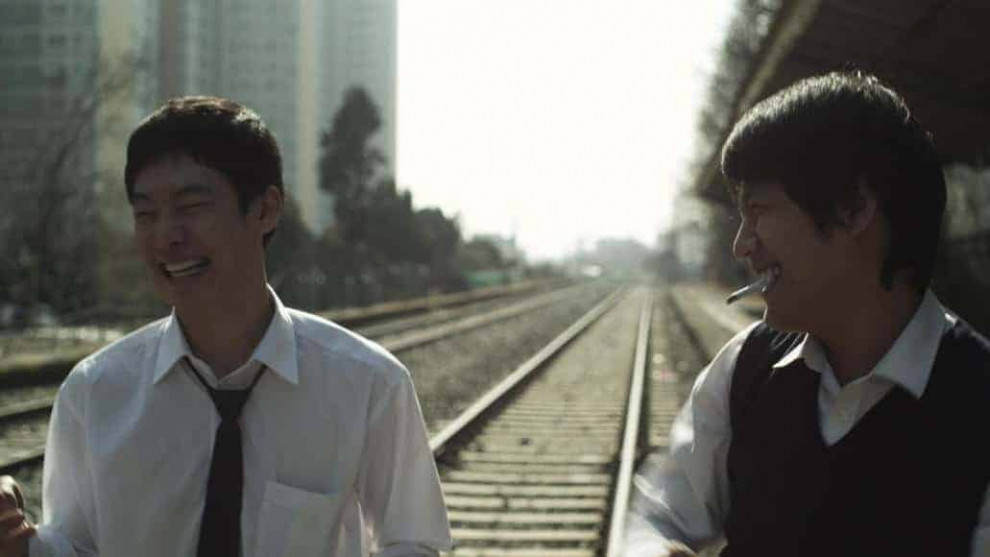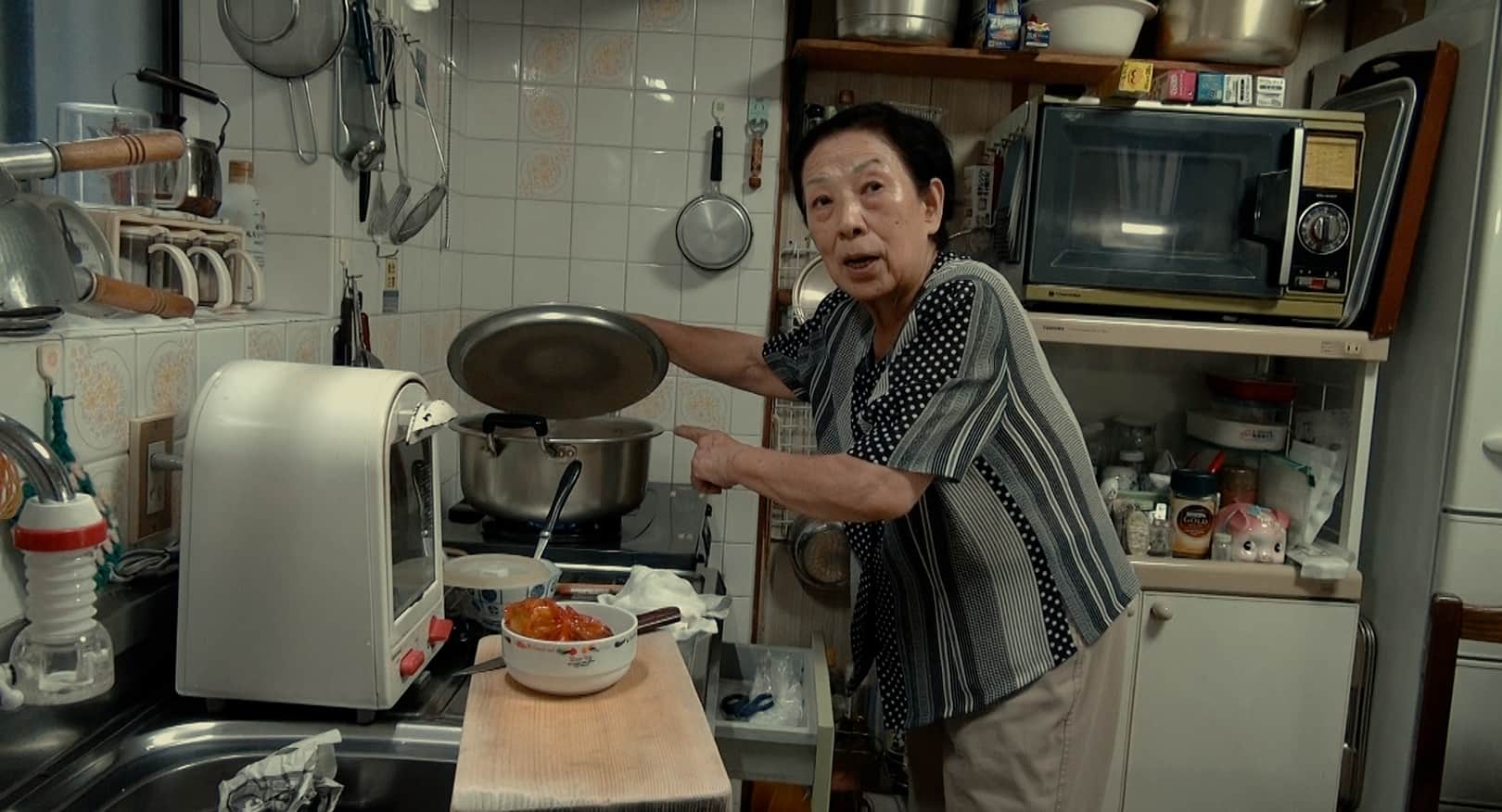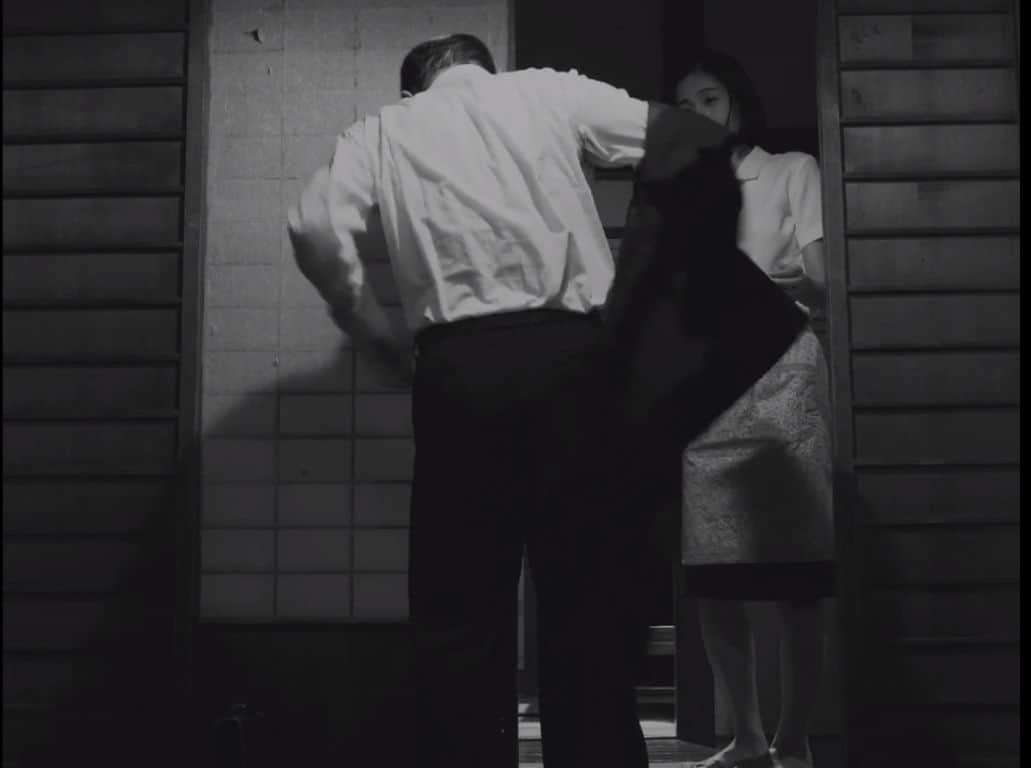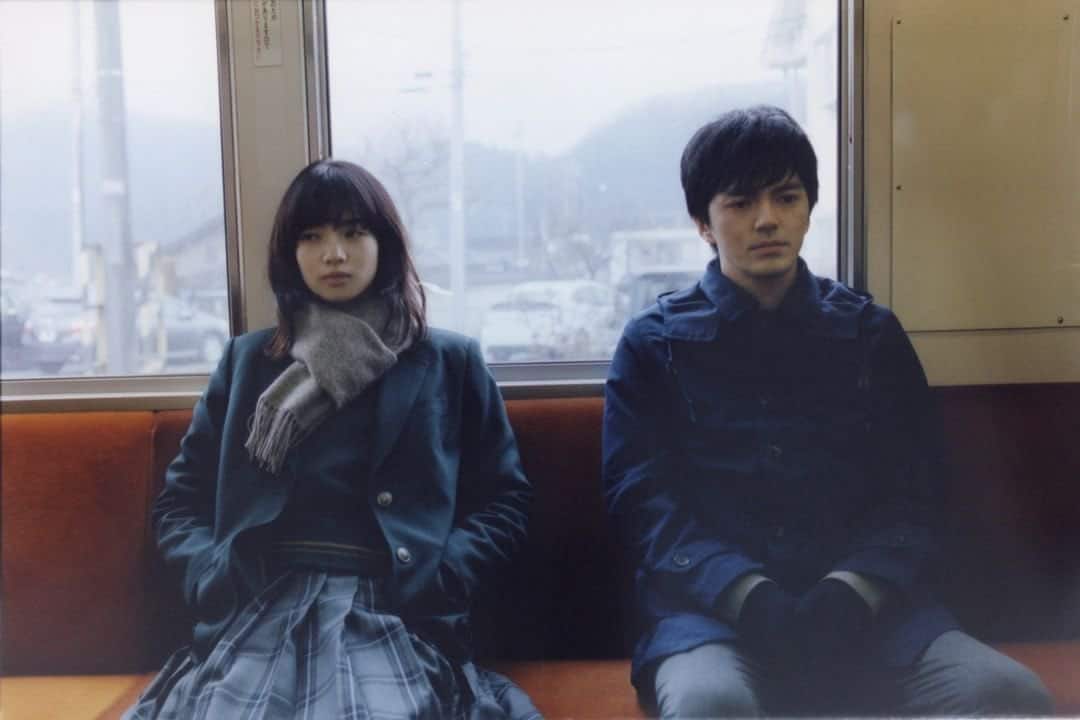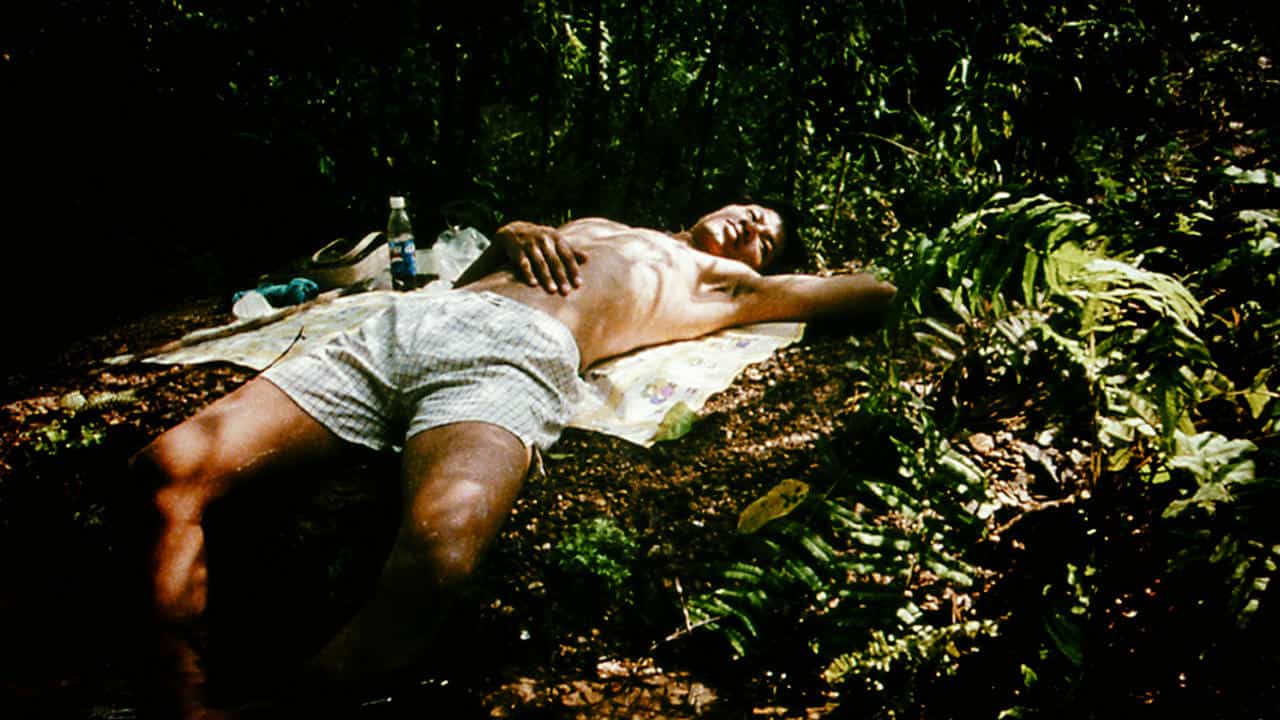“It's all over after graduation.”
Even though we may think young age and stardom can be a shield against the hurdles of life, reality teaches us differently. On the surface, this is obviously not a great bit of wisdom, but when we are suddenly faced with how fast and severe tragedy can strike even those we think untouchable, the truth of that statement never ceases to affect us. Whereas celebrities are often remembered through a constant stream of media footage on- and offline, the deaths of those who are young, who have their whole life still ahead of them, are often reserved for the family and friends. The helpless stares and searches for explanations, however, are similar in each case as they are mere attempts to explain the unthinkable.
Naturally, any artists, no matter what medium he/she uses, will ultimately imitate those demonstrations of helplessness. Nevertheless, the nature of the oversimplified explanations many use in these cases is something directors like Yoon Sung-hyun finds quite irritating. While he was planning his final project for the Korean Academy of Film Arts, for many weeks he heard the news about celebrities committing suicide. In an interview with author Julian Ross at the Rotterdam Film Festival he states how the short sentence serving as an explanation confused him. Ultimately, the search for an approach, for a more complex answer to the question why events such as these happened, was one of the main inspirations for his first feature “Bleak Night”.
Bleak Night is screening at London Korean Film Festival

At the same time, he wanted to direct a film about human weakness. According to the director, his characters, despite their violent behavior and harsh words, are merely searching for a protective shield. Much like the students of his first short film “Boys” (2008), the characters in “Bleak Night” find themselves at an important transition in their lives. However, unlike the characters of the short film, whose friendship is also at stake, is in danger of being caught in the crossfire of that decisive period of their lives.
Sitting in the empty living room of his apartment, a man (Jo Sung-ho) is at his wit's end, still shell-shocked by the events of the last days. Following the suicide of his son Jin-tae (Lee Je-hoon), he has gone through the last days of his life over and over again without finding a reason he decided to kill himself. However, two of his high-school friends might shed some light on the tragedy, because Hye-jun (Park Jung-min) transferred to another school, weeks before the incident, and Dong-yoon (Seo Jun-young) has stayed away from the funeral altogether. As Jin-tae's father seeks them both, his questions lead to an uncomfortable truth, linking the tree boys and the reason their friendship has ended so abruptly.
At first glance, “Bleak Night” seems to be a very “talkative” drama, especially since the two main characters are seeking answers to their questions, thus are defined by words. However, one should not mistake the words spoken as the truth these people are looking for, as each answer brings not only further questions, but also adds to the confusion and the enigma one person's life and death is. Quite fittingly, the first images captured by Byun Byong-sun's camera is a blurry sequence of Jin-tae and his friends at an abandoned train station, a setting they frequently visit. Later on, the idea of blurring memories is repeatedly used, for example, when Jin-tae's father looks through old photo albums, childhood snapshots of his son. “Bleak Night” cleverly utilizes the view of the outsider, helplessly throwing guesses and assumptions about the true fate of Jin-tae, but also his friends who are just as complicated as he is.

Interestingly, the perspective of the parent has no relevance whatsoever for the parts of the film telling Jin-tae's version of the story. On the surface diligent students, their daily routine consists of aimlessly wandering the streets, hanging out at the aforementioned station and dreaming of a possible future away from school. Similar to his short film “Boys”, Yoon Sung-hyun aims to capture this precarious bubble of friendship these boys have created for themselves, a bond which, as they all know, will be put to the test after their graduation. “It's all over after graduation” states one of the character at one point, showing a similar expression of helplessness as Jin-tae's father at the beginning of the film.
One of the main reasons “Bleak Night”'s portrayal of youth and friendship works so well are the performances of his young cast. Especially Lee Je-hon presents an incredible range as Jin-tae, a person who has achieved a protective layer of coolness and machismo that is naturally endangered as soon as he sets foot in the adult world on graduation day. Like his friendsm the lack of orientation, increasing insecurity and fear define a dangerous mixture bound to tear their friendship apart. Tragically, the disintegration of their teenage idyll leads to angst, but also a rising frustration and aggression as Jin-tae chooses to hide the weakness behind his tough guy-masquerade.
Structurally, the path Yoon Sung-hyun has chosen for his story is that of a downward spiral. As the title of the film already suggests, Jin-tae's journey, but also the one his father takes, is a predetermined catastrophe of almost Greek proportions. As a viewer, you will find yourself knowing the violence and grief their action may cause as the image of the perfect son, of three friends and their clique dissolves in front of your eyes. It is a tragedy Sung-hyun follows, while also being well-aware of the fragments he is only able to deliver, puzzle pieces instead of a complete picture.

Finally, “Bleak Night” is an intimate drama about friendship, about personal tragedy and the pain of growing up. It is a film not defined by the cliches of so many depictions of teenagers, but rather a story showing patience and empathy with its characters and their flaws, even though their decisions end up having tragic consequences. Most importantly, “Bleak Night” shows its director as an artist striving for authenticity and naturalism in his storytelling, one who is aware of the possibilities and limitations of our world.
Sources:
1) An interview with director Yoon Sung-hyun conducted by Julian Ross
directorsnotes.com/2011/02/16/dn-iffr2011-bleak-night-yoon-sung-hyun/, last accessed on: 10/18/2018
2) Hee-ssok, Choi (2011) “I don't know what kind of film I will go for, but I want it to be something outrageous.” (interview)
www.koreanfilm.or.kr/eng/films/interview.jsp?blbdComCd=601017&seq=4&mode=VIEW, last accessed on: 10/18/2018


